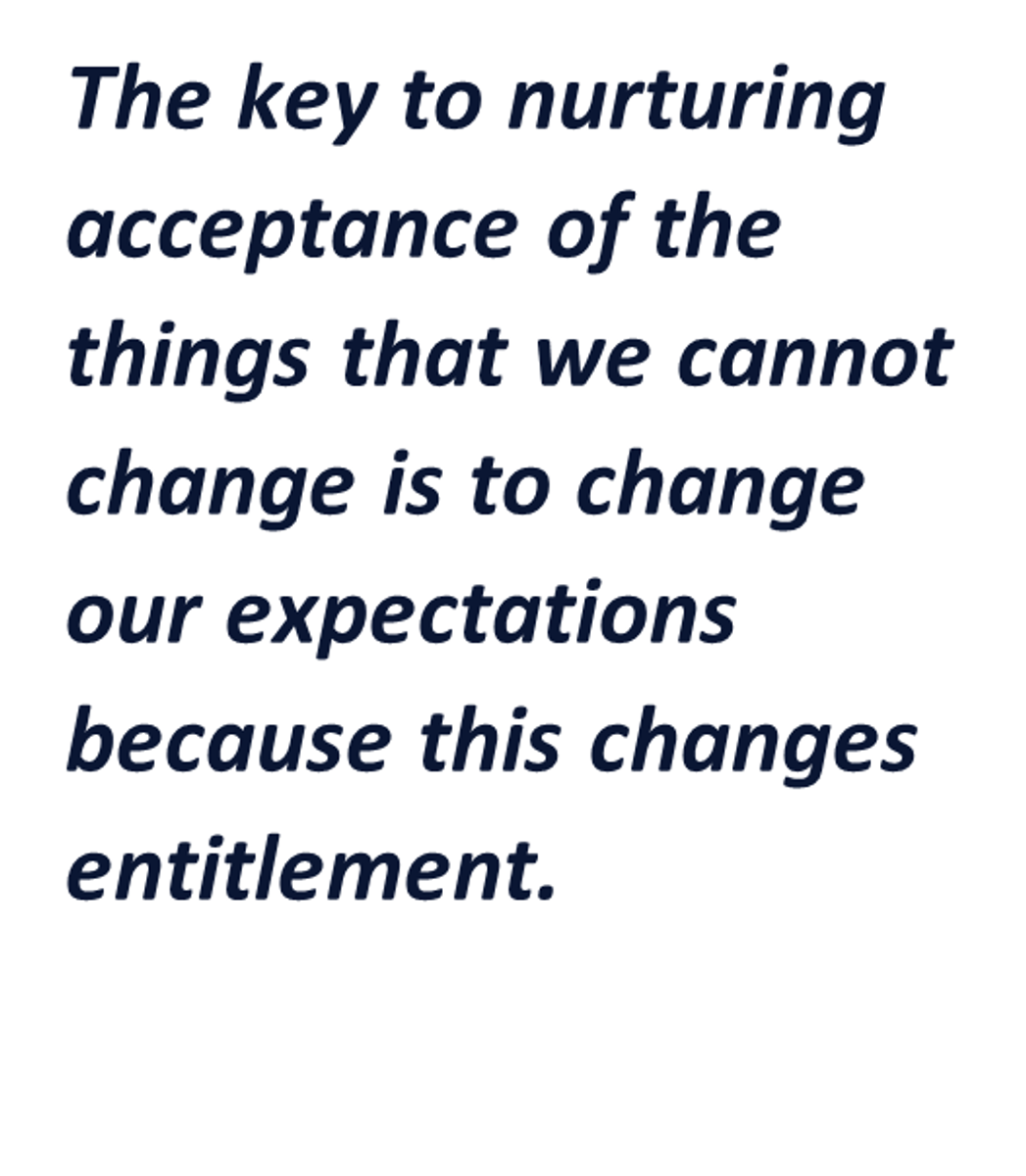From the Head

The theme of this final column of eLink for Term 3 is, necessarily, resilience. It has been a long and challenging school Term for everyone on some level. This Term has shown us that it can be surprising how strong we are, not just individually but collectively – as a community. Our ability to withstand setbacks, challenges and disappointments, is stronger than we might at first appreciate. We’re not invincible, but our ability to keep going under enormous fire and uncertainty is, frankly, something to behold. Learning, adapting and persisting have been defining features of this Term in our students, staff and parent community and these things will see us through the coronavirus pandemic.
These holidays will provide an opportunity to take stock, reflect and try to nurture our resilience, especially by making a conscious effort to sit with uncertainty.
Uncertainty is the signature issue of this pandemic and humans are not particularly well designed to cope with unpredictable conditions. The need for certainty is a basic human need. So too is uncertainty. And love and connection, and growth. But when times are tough, our inclination is to search for certainty and cling to it with both hands. This search for certainty can be futile and leaves little capacity to deal with uncertainty, love, growth, and contribution.
If covid has shown us anything, it is that life is unpredictable and unscripted and it makes us vulnerable. Our options, or how we respond to uncertainty, are fairly simple. We either lean in and accept uncertainty, or we fight it, which we know from experience is exhausting, causing an illusion of control that is at best a distraction and at worst can de-rail us.
These holidays, I encourage students to go on a journey of acceptance by taking the time to think about what it is in their lives that they can control. In doing so, students should also consider that trying to control something that is uncontrollable is the very definition of anxiety, stress, pressure, or worry. Part of the benefit of going through a process of defining clearly in your mind what you can and can’t control is a growing acceptance of the things that are beyond your control and a sharper focus on the things you can control. Parents and carers may like to undertake this journey of acceptance alongside their children and make it an intentional holiday exercise.
The famous book, The Road Less Travelled, by Scott Peck sums up this process of acceptance well. Peck says that one of the greatest truths is that life is difficult. The book’s entire premise is that once you accept that life is difficult, life is no longer difficult.
Of course, acknowledgement is only the first step in freeing ourselves from the suffering of trying to control the uncontrollable. Once you have defined what you can control and what you can’t, the next thing to ask yourself is, can I do anything about this? If the answer is yes, then take action. If the answer is no, then acceptance needs to be nurtured. The key to nurturing acceptance of the things that we cannot control is to change our expectations because this changes entitlement. It changes our view that our lives should be different.
In deciding what to do about the things that you cannot change, the third option is to choose suffering by fighting and this pandemic has shown us how tiring and futile this fight can be.
Resilient people are those who use discernment to take action when action will impact their lives positively and who have the poise to accept the things they cannot change. It takes conscious effort, and consistent practice to build resilience and we should encourage young people in this pursuit.
Resilient people also ask themselves what the worst thing is that has happened to them, and what has got them through dark times before. They tap into previous experience and trust that they will get through again based on the values that have helped them endure until now. Parents might help their children these holidays to understand and embrace the values that will get them through dark times. This will help young people to understand that they have the power to choose how to react to what life throws at them. Because it is by being true to our values that we are sustained. We choose our own values and no one can alter these for us. They are within us, and constant, while the world around us changes.
Renowned Australian mindset coach, Ben Crowe, is frequently in the media at the moment and he has an excellent quote to sum up this power within each of us;
"There's only ever the response to what life throws our way. We can stay in BED, which is an acronym for blame, excuses, denial, or we can say, 'it's my decisions, not the conditions that determine how I'm going to get through this'."
While we are uncertain what Term 4 may bring, we are planning with an understanding that the priority must be nurturing social connections and a sense of belonging for staff and students. We are cognisant that social connection is one of the most effective protective factors, especially in young people, when it comes to positive mental health. This will be at the forefront of our planning and we will share with you our approach when we know what Term 4 might look like. As has come to be normal during the coronavirus pandemic, we are likely to know the shape of Term 4 later rather than sooner and we will communicate with families as quickly as possible following relevant Government announcements.
Within this edition of eLink are some helpful articles on resilience, and there are some links below to further reading on resilience that might help parents to support their children on a journey of acceptance these holidays. I wish staff, students and families a safe and enjoyable holiday period and look forward to supporting learning and connection in whatever form that must take in Term 4.
Dr Clayton Massey
HEAD
- For all families, from Dr Andrew Fuller:
Ten Tips for Creating Resilient Families
- For younger children, by Michael Grose:
Coping Strategies For When Life Gets Hard
- For Secondary students, from Reach Out:
Study During Coronavirus_Tips on Studying at Home and Exam Stress
- Research from Dr Maryam Abdullah
Program Director of the Greater Good Science Centre, UC Berkley
Motivating Children to Practise Hard Things


